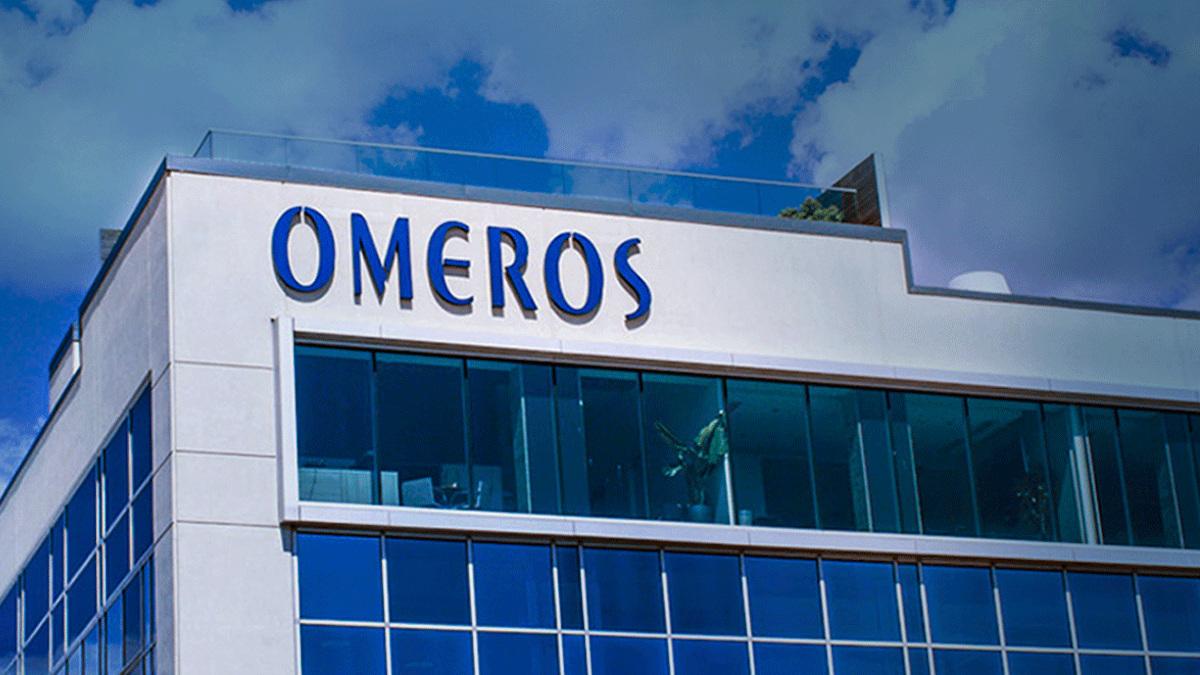FDA clears AZ’s new PNH therapy Voydeya

AstraZeneca’s Voydeya has become the first oral Factor D inhibitor to be approved by the FDA as a treatment for the rare disease paroxysmal nocturnal haemoglobinuria (PNH).
Voydeya (danicopan) can now be used as add-on therapy to AZ’s complement C5 inhibitors Ultomiris (ravulizumab) or Soliris (eculizumab) to treat extravascular haemolysis (EVH) in adults with PNH who don’t get a satisfactory response from the C5 drugs on their own.
In PNH, the body’s complement system destroys red blood cells, leading to anaemia and fatigue and, in some cases, patients need regular blood transfusions. It is estimated that somewhere between 10% and 20% of PNH patients still experience EVH while on treatment with Ultomiris or Soliris, which are currently the standard of care and administered by intravenous infusion.
The FDA approval is based on the results of the ALPHA phase 3 trial, which found sustained improvements in haemoglobin levels and reduced markers of red blood cell destruction over a 48-week follow-up period when Voydeya was added to the treatment regimen.
It comes just a few weeks after Voydeya was approved in Japan, its first market. The drug is also under review in Europe – and recommended for approval in the EU – with decisions there due in the first half of the year.
AZ acquired rights to danicopan as part of its $39 billion acquisition of Alexion in 2021, which also gave it Soliris and Ultomiris. Alexion chief executive Marc Dunoyer said the US approval “marks an important advancement in the treatment of PNH and builds on our leadership and commitment to bring forward innovation in complement science.”
Adding Voydeya to its portfolio gives AZ an opportunity to build its PNH franchise as it starts to face competition from other entrants into the market, including Novartis’ oral targeted factor B inhibitor Fabhalta (iptacopan) which was approved last December as the first oral monotherapy for adults with PNH.
Another rival is Apellis’ C3 inhibitor Empaveli (pegcetacoplan), given by subcutaneous infusion. At the moment, Aspaveli is also approved to treat EVH in patients already taking C5 inhibitors, so Voydeya provides an oral alternative.
Also emerging is Roche’s subcutaneous C5 inhibitor crovalimab, which was approved in February in China, its first market, for adults and adolescents aged 12 and over who have not been previously treated with complement inhibitors.
AZ is also testing Voydeya in phase 2 as a treatment for geographic atrophy, an advanced form of the sight-robbing disease age-related macular degeneration (AMD).












